Best SSD for cryptocurrency mining: the best solid state drives for mining Bitcoin and more
The fastest and most reliable SSDs for mining cryptocurrency
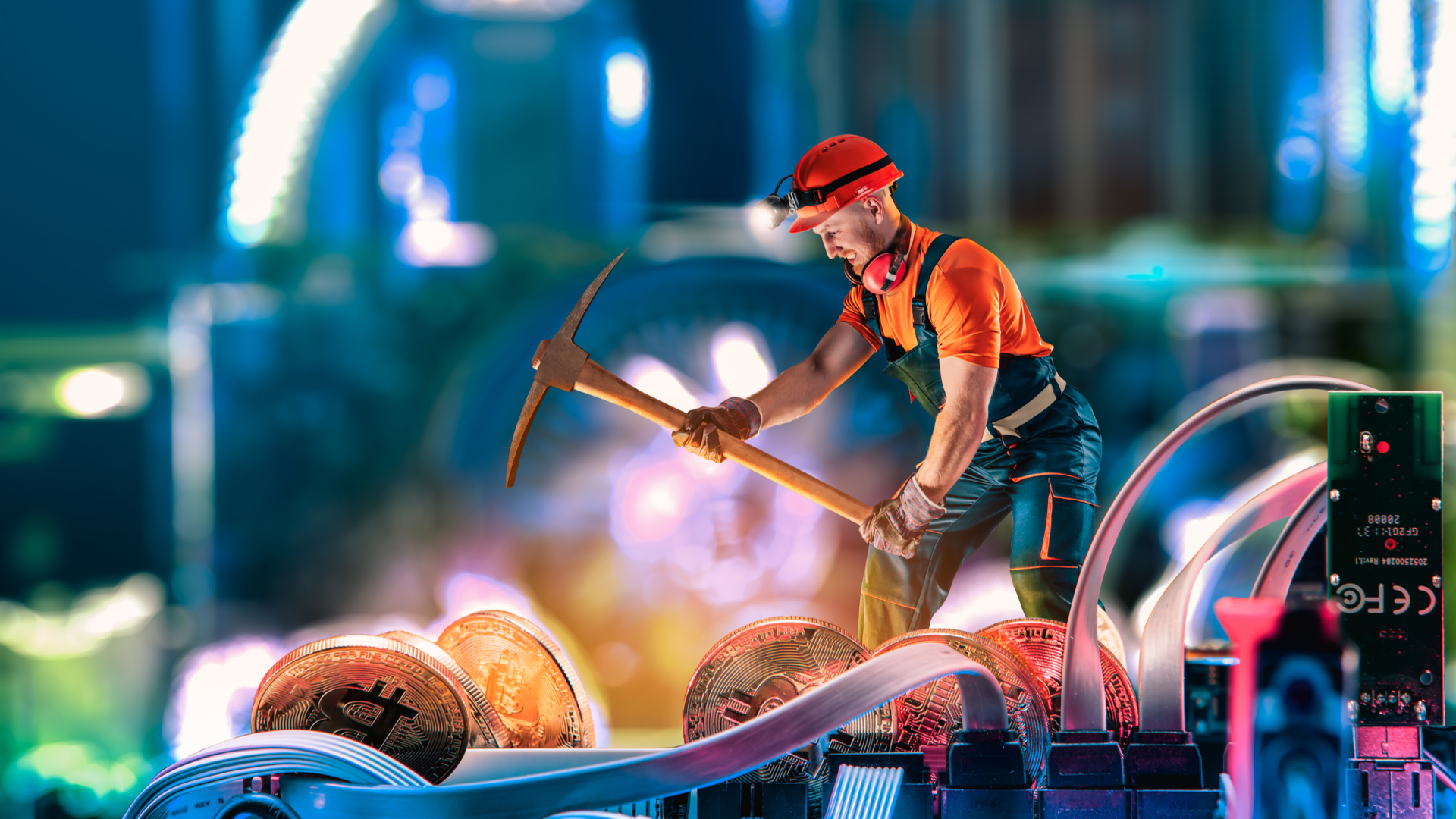
When thinking about mining cryptocurrencies such as Bitcoin and Ether, picking up the best mining SSD might not be high on your list of priorities.
However, it's possible you should reconsider. After all, once you've made your choices for the best mining GPU, best mining motherboard and best mining CPU, you'll need a fast and reliable SSD to round out your rig.
The good news is that, for a mining rig, you don't need to buy an SSD with huge amounts of storage, which means it's not too difficult to keep the prices low. We recommend an SSD for mining with a minimum capacity of 120GB for Windows installs, or even as low as 60GB if you're going to run Linux. This provides plenty of room to install the operating system, along with the best mining software.
As well as speed and capacity, the best SSDs for cryptocurrency mining are also nice and efficient. This gives the advantage of keeping your electricity bills down, and preventing your mining rig from overheating.
- These are best external hard drives
- If you'd prefer to purchase crypto instead, check out our list of the best Bitcoin exchanges and best Bitcoin wallets around

1. WD Blue SSD
Specifications
Reasons to buy
Reasons to avoid
If you want to save a few bucks, but don't want to sacrifice too much in the way of performance, the WD Blue SATA SSD is a great compromise. It nearly maxes out the bandwidth of the SATA 3 interface with its read speeds of 560 MB/s and write speeds of 530 MB/s using 3D NAND. The price of the 250GB version is a brilliant value. Best of all, it's reliable and cost effective to run, making it the best SSD for mining in 2021.
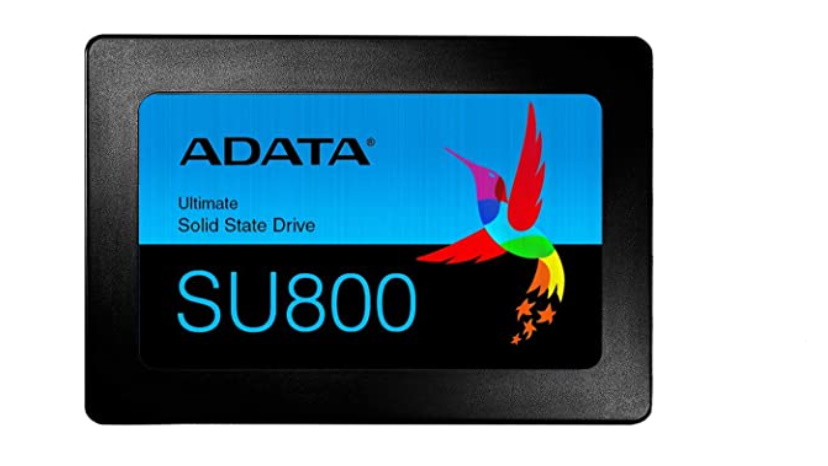
2. ADATA SU800 SSD
Specifications
Reasons to buy
Reasons to avoid
Mining needs to be profitable, so for those on a budget, the ADATA SU800 is a good choice. Its life will far exceed its warranty. It's price is lower than some others, but its build quality is on par with more expensive offerings. Speeds are plenty fast with the SATA 3 interface enhanced with “Built-in intelligent SLC caching.”
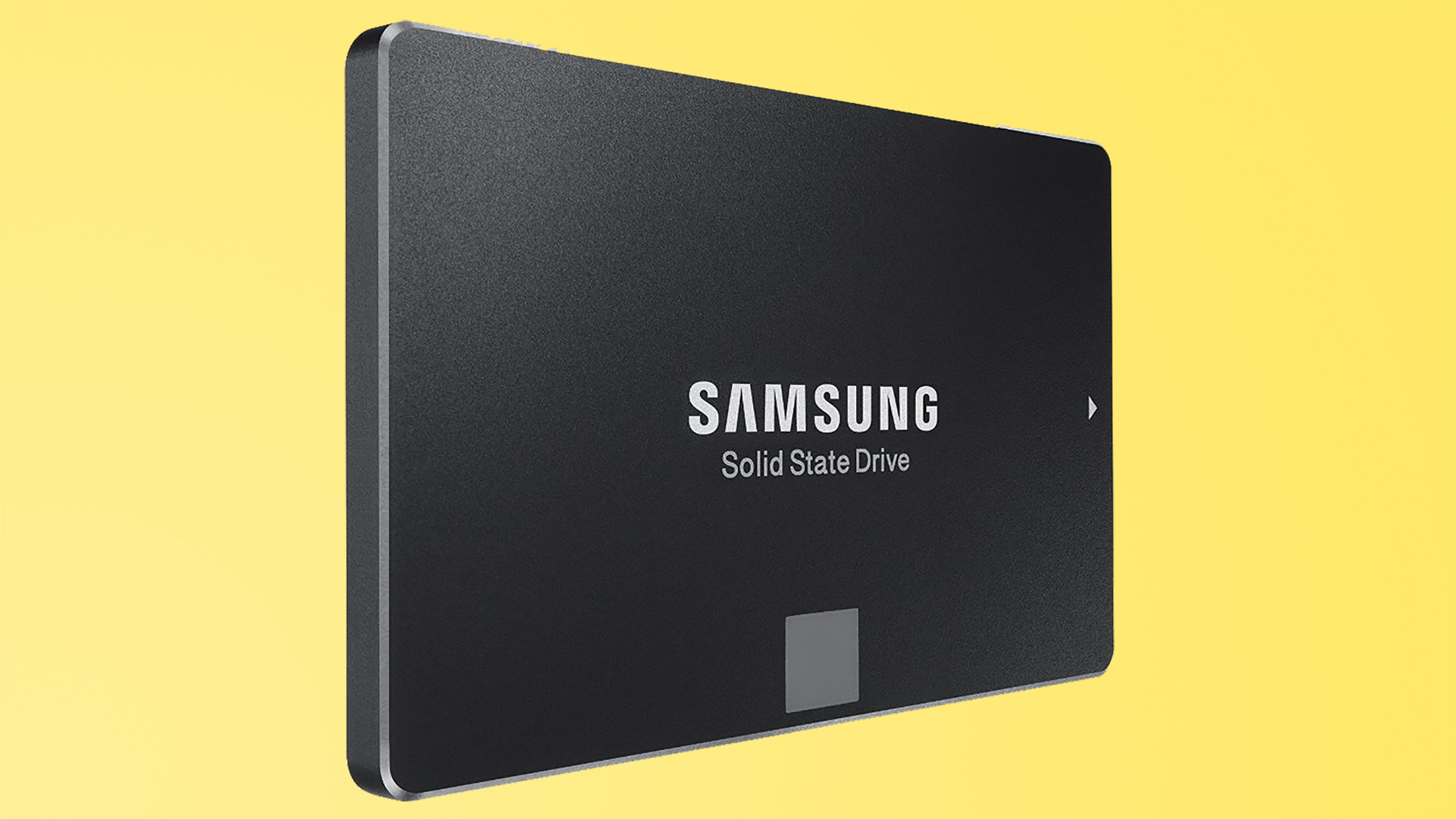
3. Samsung 860 EVO SSD
Specifications
Reasons to buy
Reasons to avoid
The Samsung 860 Evo is a great offering from a leader in SSD’s. The 860 Evo is an excellent choice for a mining SSD, as it features Samsung's build quality and speeds that are found in more expensive drives. Along with a pretty compelling price for the smaller capacity drives, performance is enhanced with Samsung V-NAND Technology to optimize performance.
- Read the full review: Samsung 860 Evo
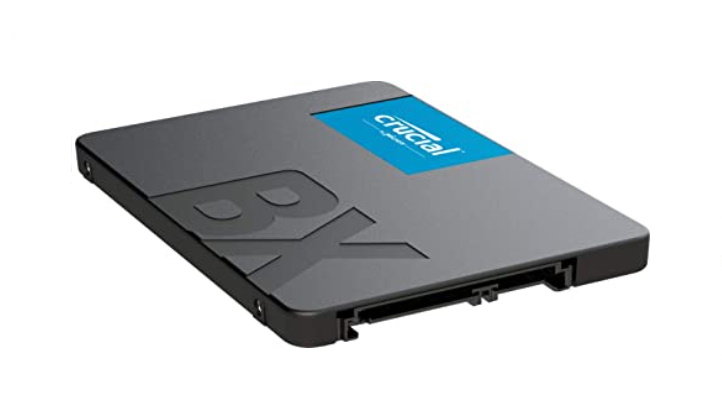
4. Crucial BX500 SSD
Specifications
Reasons to buy
Reasons to avoid
The Crucial BX500 isn’t the fastest SSD you can buy, but it is seriously affordable and chiefly reliable to boot. If you want to maximise your cryptocurrency mining profits by keeping the cost of your hardware as low as possible, then this is an excellent choice. You don't completely lose out on performance either - it’s a better performer than some pricier drives with read speeds of 540 MB/s. Finally, it is backed by the Crucial limited 3 year warranty.
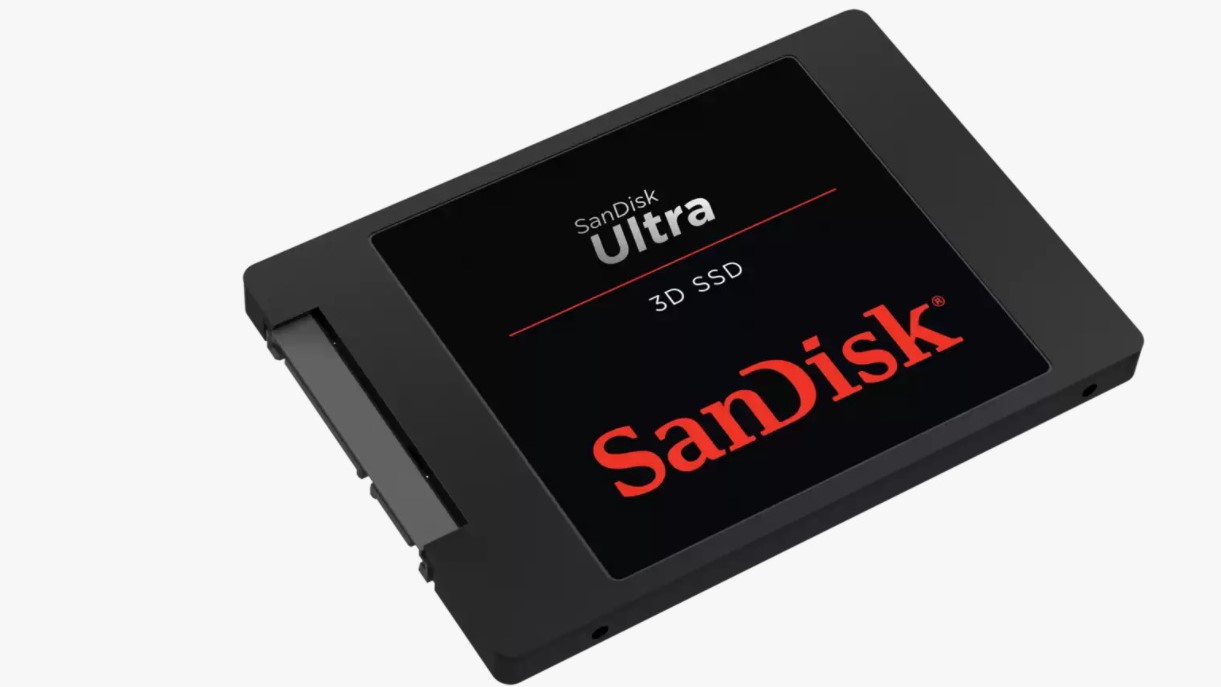
5. SanDisk Ultra 3D SSD
Specifications
Reasons to buy
Reasons to avoid
This is a fantastic 2.5-inch SSD from SanDisk that is an excellent choice for including in a mining PC. It comes with plenty of storage options, though the price goes up due to the smallest capacity available at 250GB. However, with Advanced 3D NAND technology, and nCACHE 2.0 Technology for faster speeds, it performs really well. While it's not the cheapest SSD on this list, it can be found on sale where you can grab it for an excellent price.
- We've also featured the best mining PCs
Are you a pro? Subscribe to our newsletter
Sign up to the TechRadar Pro newsletter to get all the top news, opinion, features and guidance your business needs to succeed!

Matt is TechRadar's Managing Editor for Core Tech, looking after computing and mobile technology. Having written for a number of publications such as PC Plus, PC Format, T3 and Linux Format, there's no aspect of technology that Matt isn't passionate about, especially computing and PC gaming. He’s personally reviewed and used most of the laptops in our best laptops guide - and since joining TechRadar in 2014, he's reviewed over 250 laptops and computing accessories personally.